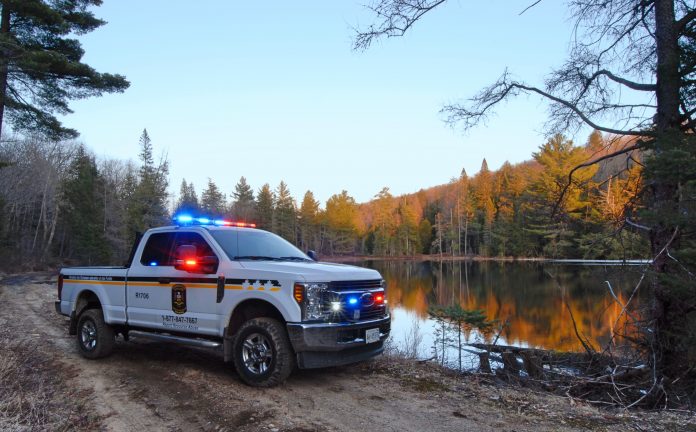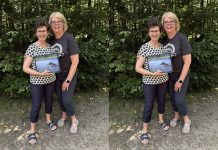The government of Ontario is asking hunters to submit deer samples as part of its Chronic Wasting Disease (CWD) surveillance program to allow for early detection of the disease.
Hunter samples from harvested deer are critical in Ontario’s efforts to detect CWD – a fatal, untreatable brain disease that affects members of the deer family, including white-tailed deer, elk, moose and caribou. It has not been found in Ontario but has been detected in all five U.S. states bordering Ontario, as well as Alberta, Saskatchewan, Manitoba, and Québec, so it’s important we remain vigilant and take action to monitor for CWD.
In 2022, the ministry will be doing surveillance in three target regions from October until the end of December:
- Eastern Ontario in Wildlife Management Units (WMUs) 48, 55B, 58 and 59.
- Southern Ontario in WMUs: 72A, 72B, 73, 77A, 77B, 77C, 78A, 78B, 78C, 78D and 78E.
- Southwestern Ontario in WMUs 90B, 91A, 91B, 92A, 92B, 92C, 92D, 93A, 93B, 93C
During the fall hunt, wildlife research technicians will be canvassing the surveillance areas and asking hunters’ permission to remove a small amount of tissue from the deer head for analysis. Sampling will not prevent hunters from consuming the meat or having the head mounted.
All bow and firearm hunters within the surveillance areas are invited to take the head of their deer (preferably within a few days of being harvested) to an MNRF freezer depot. Depots will be open from October to the end of December.
Hunters submitting a deer head are asked to provide their contact information, the date and general location of harvest. Fawns under one year of age will not be tested as this disease is unlikely to be detected in young animals.
If you see a deer, elk or moose showing signs of CWD, such as severe loss of body weight, tremors, stumbling, or lack of coordination, report it to the Canadian Wildlife Health Cooperative at 1-866-673-4781 or Ministry of Natural Resources and Forestry’s Natural Resources Information and Support Centre at 1-800-667-1940.








